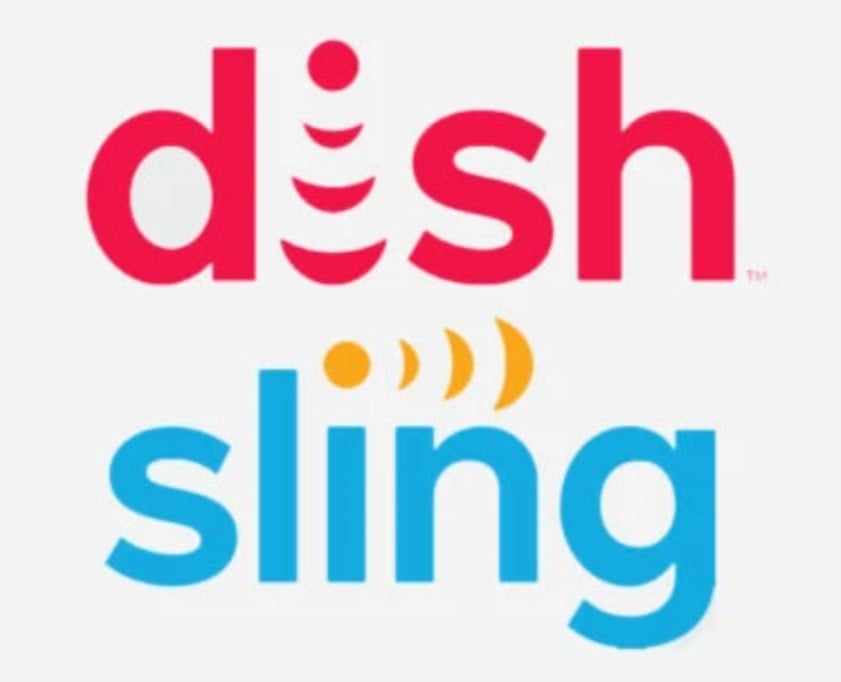
For TPG, the deal with AT&T allows the firm to get a 30 percent stake in the video business for just $1.8 billion in cash.
In the summer of 2015, telecom giant AT&T closed its acquisition of satellite powerhouse DirecTV, touting its new role as "the largest pay TV provider" in the world. Price tag: $67 billion, including debt. AT&T ended that year with 25.4 million U.S. pay TV subscribers.
Fast-forward to this Feb. 25, when AT&T sold a 30 percent stake in DirecTV and its other video services, U-Verse and AT&T TV, to private equity firm TPG Capital. The deal valued the new entity, known as DirecTV, at $16.25 billion, "down considerably," as Moody’s analyst Neil Begley noted — 76 percent to be precise. AT&T had ended 2020 with 17.2 million U.S. video subscribers, a third lower than in 2015.
“AT&T’s DirecTV is inarguably one of the worst acquisitions of all time,” MoffettNathanson analyst Craig Moffett wrote to his clients after the deal was unveiled. “Most put the ‘real’ valuation of the deal at closer to $12 billion.” The driving factor: cord-cutting and the rise of streaming.
“The anemic valuation shows just how dire things have gotten in the pay-TV ecosystem,” says Wells Fargo analyst Steven Cahall. Even AT&T CEO John Stankey, who in 2015 had been tapped to oversee DirecTV, had to admit on Feb. 25: “We certainly didn't expect this outcome.”
For TPG, whose media investments also include CAA and Spotify, the complex deal allows the firm to get a 30 percent stake in the video business for just $1.8 billion in cash. It is betting on buying in at a low price and leveraging its experience in taking stakes in businesses and working with existing owners to improve their performance. Said TPG partner David Trujillo: “TPG looks forward to partnering with AT&T and new DirecTV leadership to bring the right focus, attention and execution in support of new DirecTV’s position as a competitive video provider.”
Debt analyst Begley expects AT&T to use the money from the sale “to help offset” the higher-than-expected more than $23 billion it recently agreed to spend on 5G wireless spectrum. But stock analysts described the immediate financial impact of the transaction as limited and their view on AT&T’s shares unchanged. “What they’ve really done is buy the right to lock DirecTV in the basement in the hope that no one remembers it’s down there,” Moffett argued.
Some hope though another deal step will follow down the line, as Cowen analyst Colby Synesael wrote: “We’d note a potential merger with Dish is likely the most compelling opportunity.” Bernstein’s Peter Supino echoed that, saying AT&T “retains plenty of exposure to the potential synergies of a merger with Dish.” But Moffett noted that antitrust concerns about such a deal remain: “Eventually, they’ll be allowed to merge, but by the time it happens, the combined valuation might still be less than the standalone valuation of DirecTV today.”
Some wonder if AT&T could down the line decide to also undo another big acquisition: the 2018 purchase of WarnerMedia for $85 billion. Several analysts have suggested Comcast’s NBCUniversal as a deal partner. Said Supino: “Without a major deleveraging transaction (WarnerMedia to NBCU?), we see AT&T … beginning down a very slow deleveraging path that should hamper AT&T's ability to invest in its connectivity and media businesses as well as the stock's potential for capital appreciation.”
"dish" - Google News
March 02, 2021 at 12:30AM
https://ift.tt/2PqjGk3
AT&T Cuts Losses on DirecTV as Wall Street Wonders If a Dish Merger Is Next - Hollywood Reporter
"dish" - Google News
https://ift.tt/2MXZLF4

No comments:
Post a Comment